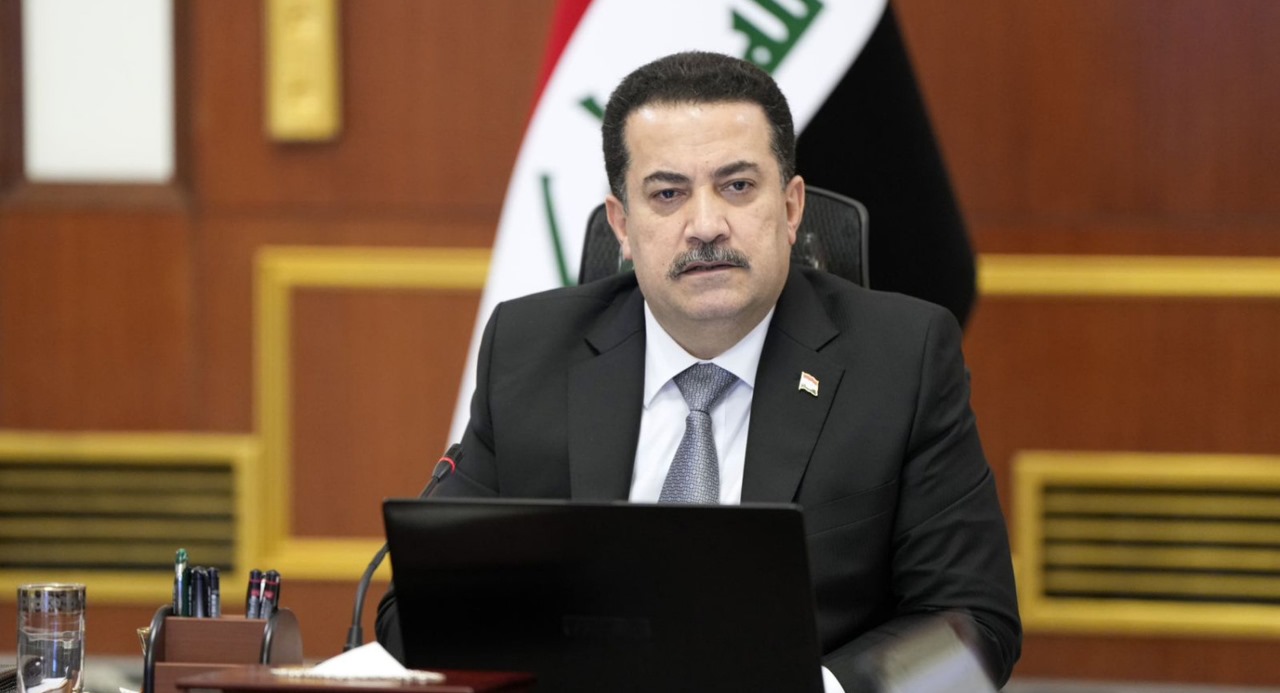Delay in Iraq's 2024 budget as Parliament enters recess

Shafaq News/ With the Parliament entering a legislative recess, Iraq's 2024 budget faces delays as the Parliamentary Finance Committee cited increased spending and a significant deficit.
On Thursday, the Iraqi Finance Committee disclosed the reasons behind the delay in voting on Iraq's 2024 budget and its presentation to Parliament.
Committee member Mohammed Nouri cited increased government spending, a significant budget deficit, and the government surpassing the 2023 budget as reasons for postponement.
"The government is now focusing on reducing unnecessary expenditures, enhancing non-oil revenues, and cutting the deficit percentage in the 2024 general budget, which currently exceeds 80 trillion dinars." He told Shafaq News Agency.
Nouri expected the budget law tables to be presented in the next Council of Ministers session for approval and then to be submitted to Parliament.
Meanwhile, Mazhar Mohammed Saleh, financial and economic advisor to the Iraqi Prime Minister, explained to Shafaq News that the delay stemmed from enacting the Federal General Budget under Law No. 13 of 2023 and its implementation starting in August 2023.
"This timeline necessitates financial statements for 2024 based on 2023's financial movements, a process requiring at least four months."
On the other hand, Legal Committee member Raed Al-Maliki revealed that the Parliament would enter its legislative recess starting tomorrow, Friday.
Al-Maliki clarified that the first legislative chapter of the third legislative year concluded on Thursday, and the legislative recess would last until June 9. During this time, the Parliament will be in recess for only one month.
"Although Parliament enters legislative recess, discussions on crucial matters like the Speaker's position or budget tables could prompt an extraordinary session during recess," Al-Maliki said.
In June 2023, the Iraqi Parliament greenlit the general budget covering 2023, 2024, and 2025.
The current budget marks Iraq's largest in history, estimated at approximately $153 billion annually, with the Kurdistan Region anticipated to receive around 12.6% of the total.
Notably, the budget carries a substantial financial deficit of roughly $48 billion annually, the nation's highest recorded deficit, prompting concerns regarding potential repercussions amid oil price fluctuations.
The budget mandates a fixed price of $70 per barrel of oil and an exchange rate of 1300 dinars per US dollar for three years.
Iraq's oil export target is set at 3.5 million bpd, including 400,000 bpd from the Kurdistan Region. However, Kurdistan's exports have been suspended since March 2023 through the Ceyhan port in Turkiye after a compensation order by the International Chamber of Commerce related to "unauthorized" oil exports by the KRG between 2014 and 2018 without Baghdad's supervision.





